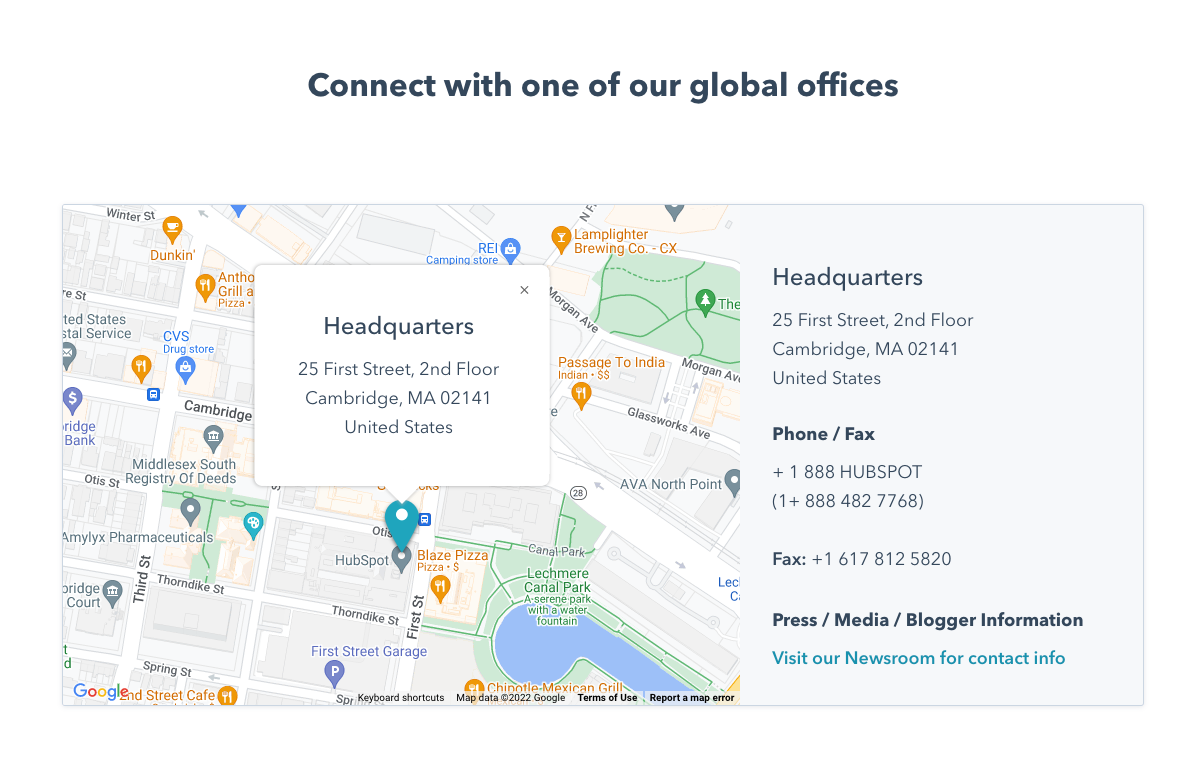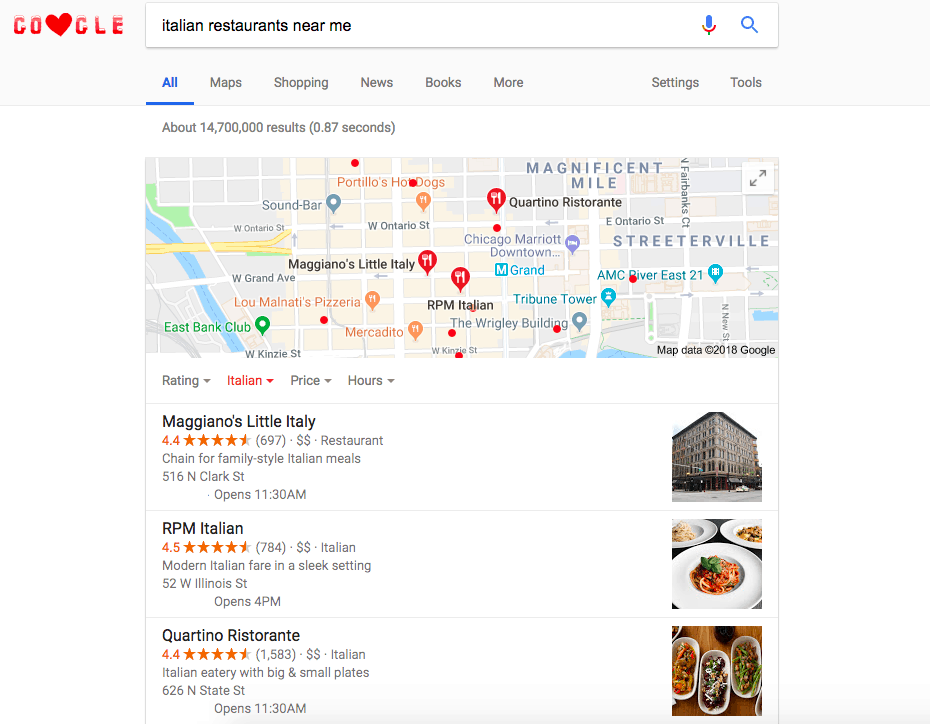Ensuring your website’s local SEO is one of the best ways to get new customers. Staggering as it sounds, 93% of consumers use Google to find local businesses. It’s a perfect opportunity for you to gain visibility as well.
At the same time, only 49% of small businesses invest in search engine optimization. For many of them, the reason is simple: they don’t know how to begin with local SEO.
If you’re one of them, we’ve got good news for you. By the end of this article, you’ll know everything you need to know to get started with local search and generate leads from Google.
Why Does Local SEO Matter?
An active, outbound approach to getting new leads isn’t going anywhere. Ads (Google and Facebook ads or even TikTok ads) and cold outreach are here to stay, remaining relevant and important sources of your revenue.
But here’s why local SEO should be a pillar your entire business leans on.
- It generates passive visibility. If set up and maintained right, local SEO exposes you to leads even when you don’t run any active campaigns.
- It builds your authority. It’s a bit of a two-sided street. To get ranked on Google, you need to have some level of authority in your niche. But at the same time, getting ranked high tells potential customers you’re trustworthy.
- Google says that “76% of people who conduct a local search on their smartphone visit a business within 24 hours and 28% of those searches result in a purchase”.
- At the same time, Rio SEO survey showed that 61% of local consumers search locally every day.
These are huge opportunities – definitely not to be missed!
Tips For Local SEO
With all that said, let’s take a look at a few local SEO tips for beginners. They’ll make a perfect addition to your marketing strategy. What’s best, you won’t need anyone’s help with most of these tasks.
Ensure Crawlability
This might be the most challenging element. However, it’s essential to ensure your website is crawlable. You won’t succeed with local SEO if Google bots can’t access (“crawl”) the pages on your website.
You might need a developer’s help with it, but that’s the first criterium to meet if you want to be relevant in the local search.
Start With Google My Business
Your business still might show up in Google even without having a Google My Business profile, but it’s better to set on up. This way, you control its content and the information it includes.
Additionally, having a GMB profile is a great way to boost your ranking and traffic.
Make Sure You’re in the Local Directories
Getting in the local business directories isn’t only a way to generate leads. It’s a signal of your presence and authority in the specific niche. It puts a clear label on what Google should associate your business with.
 Source: Hubspot
Source: Hubspot
Ensure Consistency of Information
While making your directory posting, ensure your contact information is the same across them.
Your address, website name and phone number need to be consistent wherever you come up. Be sure to maintain this info valid and updated.
Structure Your Website Correctly
There are two basic tasks you need to start with to ensure a good, crawlable structure of your website.
First, ensure that every page on it is no deeper than 3-clicks away from your customers. You can achieve it by setting up drop-down category menus on your website.
Ensure Your Website Is Mobile Friendly
Being mobile-friendly is a Google-confirmed ranking factor for local SEO. In fact, it’s so important that your Google Search Console has a separate tab for it.
You can ensure that your website is mobile-friendly by choosing the right theme for it (if you run it from WordPress or a similar hosting service). If you don’t know how to solve some issues, a developer can help you out as well.
Build Your Backlinks
The number of links coming from other websites to yours is a direct signal to Google that your website is trustworthy. Especially for small businesses and in local SEO, the more links you have, the easier you’ll have it to rank.
For that purpose, you should build backlinks. Try guest posting, networking with other businesses or securing a media presence. Avoid grey-zone tactics such as buying links – tempting as they are, bought links can do more harm than good.
Focus on Local Keywords
If you’re going after local SEO, avoid aiming at keywords that refer to a broader audience.
“24/7 locksmith” doesn’t tell much about you. “24/7 locksmith in <your location>” will be easier to rank for, defines your business and targets the right people near you.
Then, ensure that pages on your website link to each other. Establish which are your priority pages and should have the most links. Then decide which are the supporting pages you can link from to the main ones. An internal linking structure will improve crawlability of your website and show Google that it follows a solid, logical content scheme.
Create Location Pages
If you have several physical locations, create separate pages for them. People do search for queries such as “<store name> on <street name> so don’t miss out on those keywords. Usually, these searches help your customers find your nearest branch, learn about the working hours, and get contact information.

Source: Hubspot
Build an Authority
Becoming a recognized authority in your niche helps you achieve more for your website’s local SEO. It increases your chances of ranking high and boosts your position on the market.
You can start working on becoming an authority by:
- creating deep and comprehensive, local content on a topic you specialise in
- attending events and networking with others
- securing press coverage and media presence
- getting others to link to your website
- creating a recognizable social media presence
Local SEO – Over to You
Local SEO, like any other type of optimization, will take time. It’s not something that’s done overnight. Be ready to iterate, fix things as you go and learn constantly.
However complex it might be, anyone can get started with local SEO. Our tips will help you get the ball rolling, but if you need help, make sure to book a consultation to learn about getting new customers from Google.
